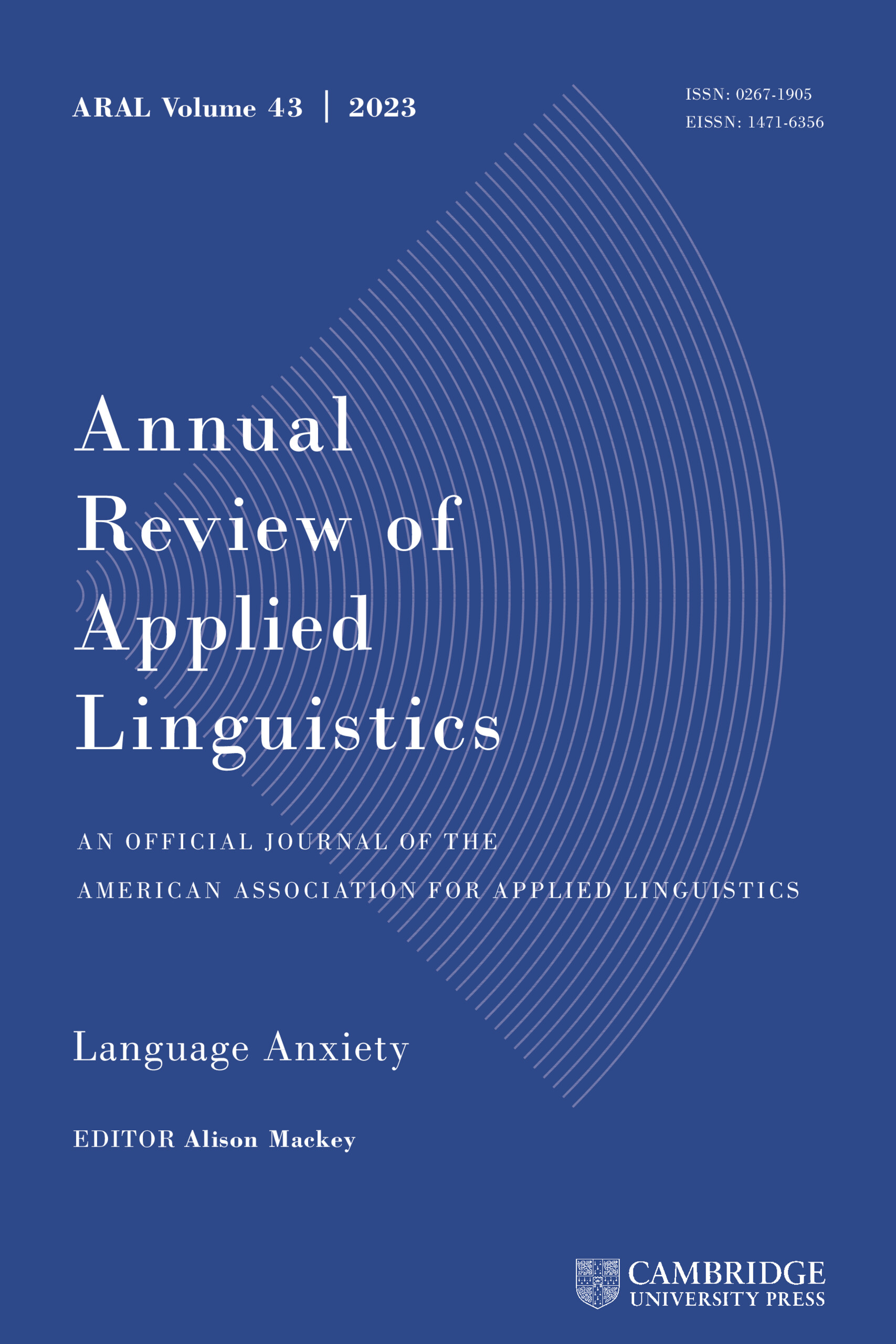No CrossRef data available.
Article contents
Literacy in the Southern Sudan: A Case Study of Variables Affecting Literacy Programs1
Published online by Cambridge University Press: 19 November 2008
Extract
The adoption of a multilingual educational policy resulting in the acquisition of literacy in different indigenous languages is becoming an increasingly common phenomenon throughout the world. Although comprehensive discussions of the role of literacy in development (Bokamba elsewhere in this volume), the patterns available for literacy acquisition (Ferguson 1971), critical questions (Srivastava elsewhere in this volume), and problems (Bokamba and Tlou 1977, Bamgboṣe 1976b, Chishimba 1981, Abu-Absi 1981, Kachru 1981) related to the implementation of multilingual educational policies exist, individual accounts of literacy projects tend to focus more on the goals and the programmatic development of materials and methods (e.g., Larsen and Davis 1982). Evaluations of specific projects, when they are available, are often reported in terms of the number of students reached (e.g., Teferra 1982), teachers trained, or certificates awarded (Bendor–Samuel 1980), rather than in actual acquisition of literacy skills. One major literacy project in East Africa which has been subjected to fairly rigorous formative evaluation since shortly after its inception is the Local Languages Literacy Project in the Southern Sudan. Drawing on the Sudan experience, this paper will delineate what appear to be the more important variables that affect the success of large-scale literacy programs in Africa, will make recommendations for the evaluation design of such projects, and will conclude with observations concerning the benefits to be gained from them.
Information
- Type
- Regional Surveys
- Information
- Copyright
- Copyright © Cambridge University Press 1983

